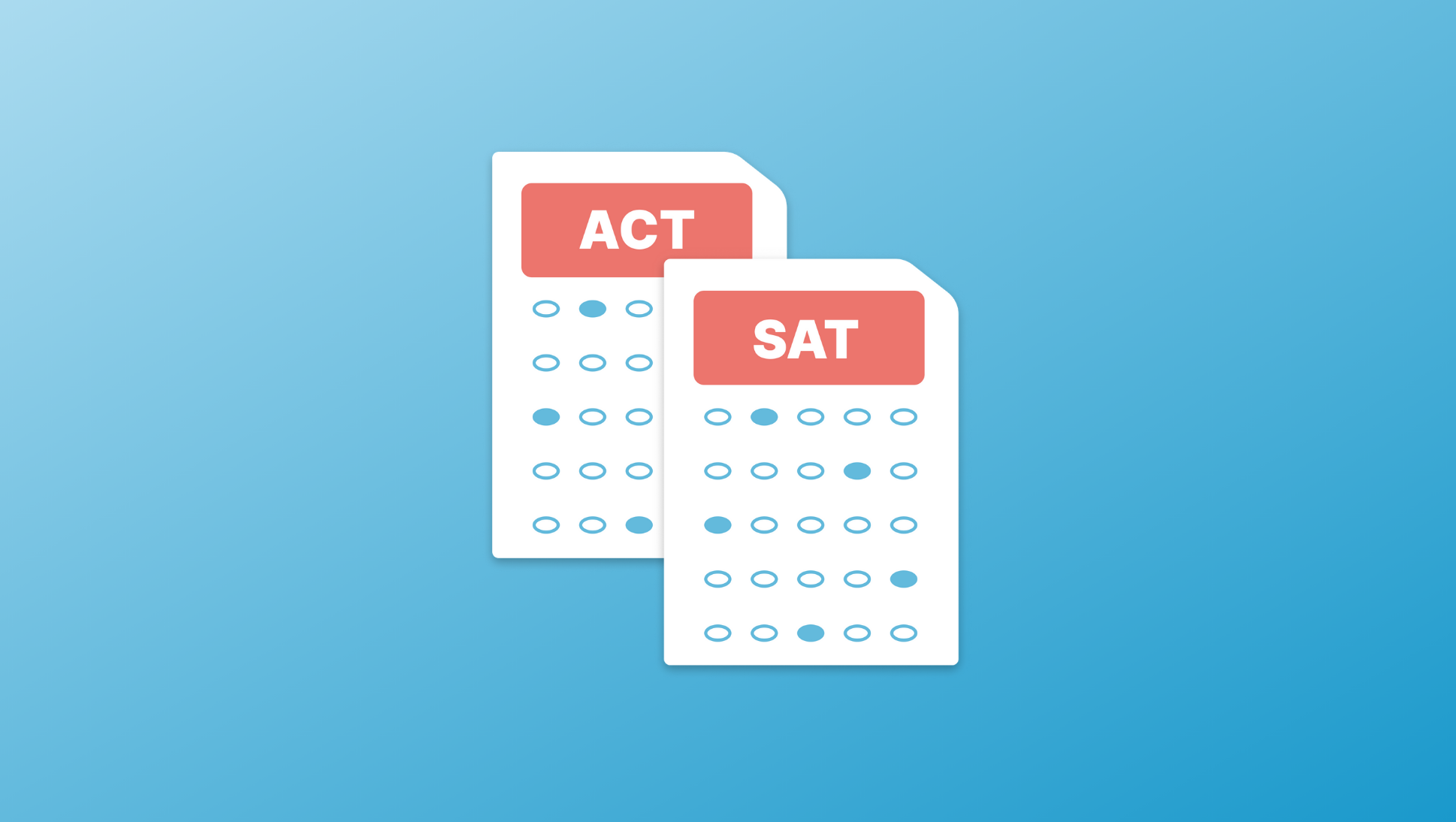2 min read
Top 3 Benefits of the Scoir Counselor Collective
The Scoir Counselor Collective was created for you—school counselors looking to strengthen their network and build community among each other. As...
Free for students & their families
Seamlessly integrated, affordable systems for use across your district.
Career Readiness for 6-8 grade, built to guide and track progress in the early years of career exploration.
Scoir + Common App are integrated for the 2025-26 academic year!
Check out content and practical guides to help inform your enrollment strategies and programs.
4 min read
Abby deSilva
:
October 31, 2023

Knowing whether to take the SAT or ACT can help relieve some of the stressors caused by the college admissions process. Students usually take the test that has been historically prevalent in their area or school.
In the past, the SAT was typically a coastal test, predominant in the East and West Coast regions, while the ACT was more often taken in the middle of the country. The fact is, however, that every college and university in the country accepts both tests. However, not all colleges require that you submit standardized test scores.
Does that mean that you should take both tests? Not necessarily.
Read on for more guidance!
With the release of the new SAT in March of 2016, the College Board closed the gap on many of the significant differences between the SAT and the ACT, which on the surface makes the two tests seem pretty darn similar.
In 2023, the SAT went digital, while the ACT can still be taken on paper. As of 2025, the enhanced ACT now has fewer questions, with more time to answer each question. Also, the Science and Writing portions of the ACT are now optional.
Although the tests may be more similar than in the past, there are still significant differences, and these differences may help you determine which test is better for you. There are many charts available that give a general overview of the two tests, like the ones in these articles Test Innovators put together:
Let's explore more so you can make an informed decision.
We don't recommend simply adding up the pros and cons of each test and deciding what to do! Instead, begin by taking a practice or diagnostic test of both the ACT and SAT to determine which test is better for you.
Choose the test that is better suited for you, and then focus your time and attention on that specific test.
If you’ve taken the PSAT or PreACT in October, you can use these scores as solid predictors of how you will perform on the real tests. If you haven’t taken the PSAT or the PreACT, then you can print a free practice SAT test from CollegeBoard.org, or you can find a practice ACT at ACT.org. Then, rinse and repeat!
While it is important to do your best on either test to help your chances of getting into most schools and to increase the merit aid awarded to you, these tests are only one aspect of the admissions process.
For more resources that can help you prepare for the ACT and SAT, check out Scoir's partners.
This article was originally published on January 8, 2018. It was updated on November 6, 2025 for accuracy and comprehensiveness.
Abby deSilva is the Inbound Marketing Strategist at Scoir. She loves creating content and helping students find their dream college and career.

2 min read
The Scoir Counselor Collective was created for you—school counselors looking to strengthen their network and build community among each other. As...

4 min read
We recently published a podcast episode on this topic. This blog post provides a recap of what we covered during the episode. Hi! It’s Abby from...

6 min read
Gaining admission to the college(s) of your choice might weigh heavily on your mind at the moment. The odds are that the prospect of affording...